With new technologies revolutionizing data collection, wildlife researchers are becoming increasingly able to collect data at much higher volumes than ever before. Now we are facing the challenges of putting this information to use, bringing the science of big data into the conservation arena. With the help of machine learning tools, this area holds immense potential for conservation practices. The applications range from online trafficking alerts to species-specific early warning systems to efficient movement and biodiversity monitoring and beyond.
However, the process of building effective machine learning tools depends upon large amounts of standardized training data, and conservationists currently lack an established system for standardization. How to best develop such a system and incentivize data sharing are questions at the forefront of this work. There are currently multiple AI-based conservation initiatives, including Wildlife Insights and WildBook, that are pioneering applications on this front.
This group is the perfect place to ask all your AI-related questions, no matter your skill level or previous familiarity! You'll find resources, meet other members with similar questions and experts who can answer them, and engage in exciting collaborative opportunities together.
Just getting started with AI in conservation? Check out our introduction tutorial, How Do I Train My First Machine Learning Model? with Daniel Situnayake, and our Virtual Meetup on Big Data. If you're coming from the more technical side of AI/ML, Sara Beery runs an AI for Conservation slack channel that might be of interest. Message her for an invite.
Header Image: Dr Claire Burke / @CBurkeSci

Explore the Basics: AI
Understanding the possibilities for incorporating new technology into your work can feel overwhelming. With so many tools available, so many resources to keep up with, and so many innovative projects happening around the world and in our community, it's easy to lose sight of how and why these new technologies matter, and how they can be practically applied to your projects.
Machine learning has huge potential in conservation tech, and its applications are growing every day! But the tradeoff of that potential is a big learning curve - or so it seems to those starting out with this powerful tool!
To help you explore the potential of AI (and prepare for some of our upcoming AI-themed events!), we've compiled simple, key resources, conversations, and videos to highlight the possibilities:
Three Resources for Beginners:
- Everything I know about Machine Learning and Camera Traps, Dan Morris | Resource library, camera traps, machine learning
- Using Computer Vision to Protect Endangered Species, Kasim Rafiq | Machine learning, data analysis, big cats
- Resource: WildID | WildID
Three Forum Threads for Beginners:
- I made an open-source tool to help you sort camera trap images | Petar Gyurov, Camera Traps
- Batch / Automated Cloud Processing | Chris Nicolas, Acoustic Monitoring
- Looking for help with camera trapping for Jaguars: Software for species ID and database building | Carmina Gutierrez, AI for Conservation
Three Tutorials for Beginners:
- How do I get started using machine learning for my camera traps? | Sara Beery, Tech Tutors
- How do I train my first machine learning model? | Daniel Situnayake, Tech Tutors
- Big Data in Conservation | Dave Thau, Dan Morris, Sarah Davidson, Virtual Meetups
Want to know more about AI, or have your specific machine learning questions answered by experts in the WILDLABS community? Make sure you join the conversation in our AI for Conservation group!
- @ColleenEarthScape
- | She/her/hers
- 0 Resources
- 7 Discussions
- 7 Groups
- @Alawa
- | She/Her
Passionate wildlife and biodiversity conservationist
- 0 Resources
- 0 Discussions
- 24 Groups
- 0 Resources
- 0 Discussions
- 5 Groups
- @CourtneyShuert
- | she/her
I am a behavioural ecologist and eco-physiologist interested in individual differences in marine mammals and other predators


- 0 Resources
- 7 Discussions
- 9 Groups
- @mattaudette
- | he, him, his
Software Tester and Test Automator at Wildlife Protection Solutions
- 0 Resources
- 1 Discussions
- 24 Groups
- @Rutwik
- | Mr
- 0 Resources
- 0 Discussions
- 13 Groups
- @williams
- | He/Him
I am a conservationist specializing in endangered species, particularly vultures. As the Endangered Species Conservation Coordinator/Co-Founder at Biota Conservation Hub Foundation (BiotaCHF), I have conducted extensive research/conservation of vultures and other water birds.
- 0 Resources
- 0 Discussions
- 14 Groups
- @ARobillard
- | He/Him
A conservation data scientist and field ecologist with broad interest in the application of machine learning and population genetics to the conservation of threatened species. Alex has conducted field studies throughout central and south America, the Caribbean, and North America.
- 2 Resources
- 2 Discussions
- 8 Groups
- @Joynyamshangi
- | she/her
- 0 Resources
- 0 Discussions
- 2 Groups
MSc in AI for Sustainable Development at UCL
- 0 Resources
- 0 Discussions
- 1 Groups
- @aniyaz533
- | Niyaz
A keen willdlife biologist looking forward to work on Otters ecology in Himalayan landscape
- 0 Resources
- 0 Discussions
- 5 Groups
I'm a computer engineer with a master's degree in Artificial Intelligence, I love nature and wildlife
- 0 Resources
- 4 Discussions
- 2 Groups
The Innovation in Practice edition of Methods in Ecology and Evolution is still seeking proposals about conservation technology
6 March 2023
Article
Rainforest Connection (RFCx) is bringing back the Arbimon newsletter for 2023! We're excited to share new features and tools of the platform, what's coming up, and some insights into our projects on bioacoustic...
23 February 2023
New technology enabling the automated monitoring of moths has been put to rigorous testing in tropical conditions in Panama by an international team of researchers
22 February 2023
Researchers and conservationists are embarking on a bold initiative to save the world's most trafficked wild mammal — the pangolin
16 February 2023
A machine learning-based solution that can segment the Prosomes and Lipid sacs with sufficient accuracy helps to recognize the ecological plasticity of key Arctic copepods. It allows scientists to learn more about the...
15 February 2023
A pilot program in Oregon’s Willamette Valley will test how well artificial intelligence-enabled sensors can identify and characterize wildfires, which will help with responder resource allocation and boost community...
15 February 2023
Technology to End the Sixth Mass Extinction. Salary: $104k-144K; Location: Washington DC or Seattle WA, potential hybrid; 5+ years of Full stack development experience; Deadline March 15th - view post for full job...
10 February 2023
Careers
The British Antarctic Survey’s Artificial Intelligence Lab is looking to hire a machine learning engineer/researcher.
10 February 2023
You will develop and apply novel approaches and machine learning techniques for the detection, classification and identification of marine fauna from passive acoustic monitoring (PAM) validated with paired visual...
10 February 2023
Careers
On the AST Skylight team, you will work with talented engineers, domain experts, and product managers to uncover illegal fishing by developing the tools that help countries around the globe combat this problem.
10 February 2023
Hi! I created a new tutorial video on how to annotate high density acceleration data using Firetail 10 (www.firetail.de). In particular, I cover * how to automatically segment your data * how to edit and modify...
8 February 2023
June 2025
event
July 2025
October 2025
event
event
November 2023
event
event
event
73 Products
Recently updated products
16 Products
Recently updated products
| Description | Activity | Replies | Groups | Updated |
|---|---|---|---|---|
| In that case, you might want to keep an eye on the project from @Lars_Holst_Hansen |
|
Camera Traps, AI for Conservation, Conservation Tech Training and Education, Early Career, Human-Wildlife Conflict, Protected Area Management Tools | 11 months 1 week ago | |
| No worries! I'll be trying the other one to see how it works. Thank you for your help! |
|
AI for Conservation | 11 months 2 weeks ago | |
| Fantastic!! |
|
Acoustics, AI for Conservation, Animal Movement, Build Your Own Data Logger Community, Community Base, Early Career, Ethics of Conservation Tech, Marine Conservation, Open Source Solutions | 11 months 2 weeks ago | |
| Hi everyone! I’m sending some information for a paid user study about Explainable AI and bird identification that may be of interest:Our... |
|
AI for Conservation, Citizen Science | 11 months 3 weeks ago | |
| This is so cool! I am 1000% going to see if they want to come talk about it at Variety Hou! |
|
AI for Conservation, Citizen Science | 1 year ago | |
| Hi Sol,If the maximum depth is 30m, it would be worth experimenting with HydroMoth in this application especially if the deployment time is short. As Matt says, the air-filed case... |
|
Acoustics, AI for Conservation, Data management and processing tools, Emerging Tech, Sustainable Fishing Challenges | 1 year ago | |
| Online citizen science platforms like iNaturalist and Macaulay Library contain a wealth of images but are hard to search using text. We are... |
|
AI for Conservation, Citizen Science | 1 year ago | |
| We're seeking training data for AI for wolf ID - we at T4C manage 3 Wildbook platforms: Wild North, Whiskerbook and the... |
|
AI for Conservation | 1 year ago | |
| Hi Phani,An entry point might be to participate in a challenge related to conservation on:KaggleDrivenDataFruitPunchMax Planck Institute of Animal BehaviorYou could also reach out... |
|
AI for Conservation | 1 year 1 month ago | |
| [oops, the same reply got submitted twice and there doesn't seem to be a "delete" button] |
|
AI for Conservation, Camera Traps | 1 year 1 month ago | |
| Hi @zhongqimiao ,Might you have faced such an issue while using mega detectorThe conflict is caused by:pytorchwildlife 1.0.2.13 depends on torch==1.10.1pytorchwildlife 1.0.2.12... |
+6
|
AI for Conservation, Camera Traps, Open Source Solutions | 1 year 1 month ago | |
| Hi, this is pretty interesting to me. I plan to fly a drone over wild areas and look for invasive species incursions. So feral hogs are especially bad, but in the Everglades there... |
|
AI for Conservation, Camera Traps, Open Source Solutions, Software Development | 1 year 1 month ago |
Seafood fund seeks ideas for innovation projects up to £250k
11 February 2020 12:00am
WILDLABS Virtual Meetup Recording: Acoustic Monitoring
5 February 2020 12:00am
AI for camera trap public data
17 December 2019 9:20pm
A New Cloud Platform Unveils the Most Diverse Camera Trap Database in the World
17 December 2019 12:00am
[ARCHIVED] Workshop on Deep Learning Methods and Appliocations for Animal Re-Identification
25 November 2019 6:24pm
WACV2020 AI for Animal Re-ID: Deep Learning Methods and Applications for Animal Re-Identification
25 November 2019 12:00am
WILDLABS Virtual Meetup Recording: Drones
9 November 2019 12:00am
Camera Trapping: Incredibly Useful Resources List
5 November 2019 12:00am
Who wants to learn Python? Courses to get you started coding
2 May 2016 3:13pm
1 March 2019 9:20am
Hello everyone what are you wating for..
All US, UK, India users can enroll courses from Intellipaat (the largest IT trainng company)
check some of thier superb training list:
29 October 2019 4:52pm
Chuck's Python for Everyone course is available these days at www.py4e.com, and he's also created a course called Web Apps for Everyone www.wa4e.com. Both excellent resources, and he's a strong proponent for (and creator of) open source educational tools in general.
Lucy
Plant-Powered Camera Trap Breakthrough
15 October 2019 12:00am
Using Artificial Intelligence to Track Birds’ Dark-of-Night Migrations
9 October 2019 12:00am
Camera Trap Technology Symposium (Recordings): Bringing Developers and Users Together
2 September 2019 12:00am
ICCB 2019: 5 Key Discussions about the Future of Conservation Tech
21 August 2019 12:00am
Conservation biologists find new applications for AI tools
5 August 2019 2:57pm
Automated Identification of Indonesian Rhinos
27 July 2019 12:00am
[ARCHIVED] Position: UI/UX Machine Learning Engineer
8 July 2019 11:27pm
[ARCHIVED] Position: Senior Computer Vision Research Engineer
8 July 2019 10:42pm
Hello buzzing World!
7 July 2019 6:55pm
ML at the Edge
28 June 2019 8:16am
Meetup: Machine Learning/AI on Earth Observation Data (23 July, London)
21 June 2019 12:00am
New open data site for fisheries
10 June 2019 7:17pm
Workshop & Challenges on Computer Vision for Wildlife Conservation (CVWC) at ICCV 2019
5 June 2019 6:51am
Technology companies, FCO, and conservation NGOs come together to scale technology solutions to end wildlife crime
4 June 2019 12:00am
AI for Earth Innovation Grant (extended)
4 June 2019 12:00am
CogX Festival of AI and Emerging Technology - free tickets for WILDLABS members
16 May 2019 12:12pm
28 May 2019 12:02pm
UPDATE: We've had quite a few members emailing us for tickets, so I'm looking forward to meeting everyone in person! We've now been allocated some extra tickets, so if you are interested you're in luck, there is still a chance to come along.
3 June 2019 4:53pm
Are there any free tickets left for CogX?
I am on anthony.peake@agiledatum.com
3 June 2019 5:04pm
yep! Drop me an email at stephanie.odonnell@wildlabs.net and I'll get you a link.
Steph
How machine learning can help fight illegal wildlife trade on social media
31 May 2019 12:00am
GWP Webinar Recording: Using SMART at scale for effective wildlife protection
21 May 2019 12:00am
WILDLABS TECH HUB Showcase
17 May 2019 12:00am
Meet the WILDLABS TECH HUB Winners
13 May 2019 12:00am
Huge appetite for data trusts, according to new ODI research
15 April 2019 12:00am


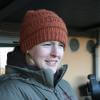




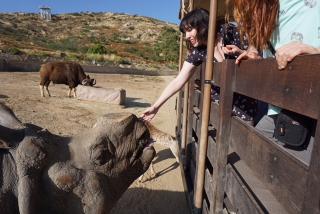
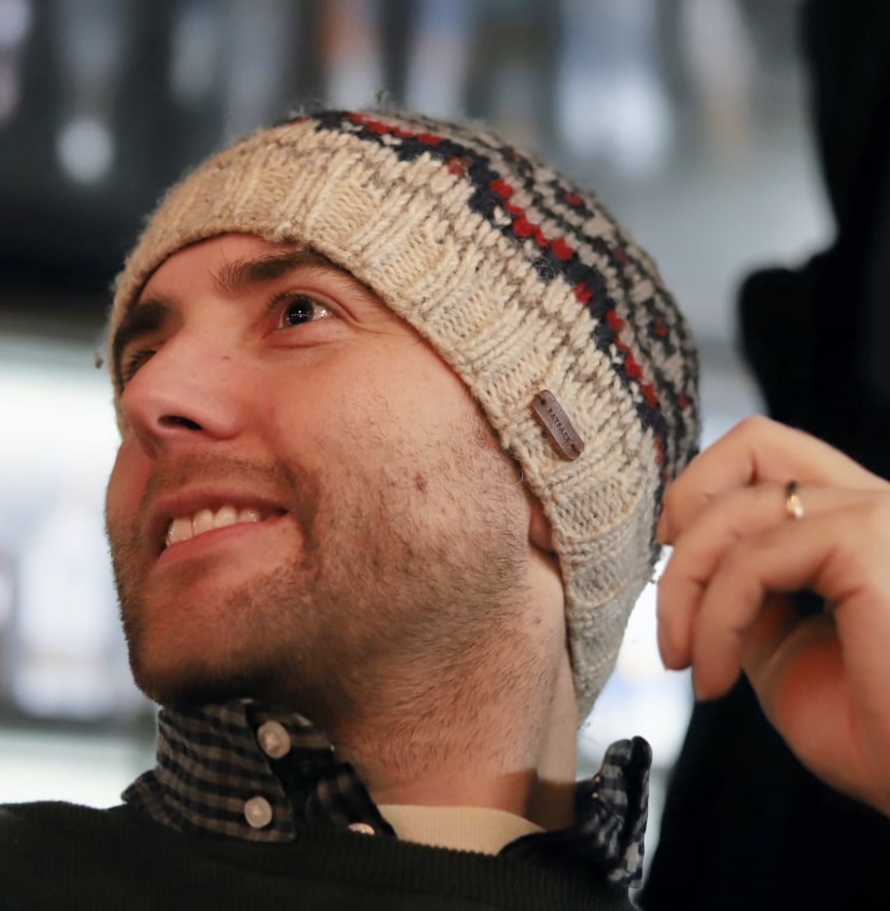


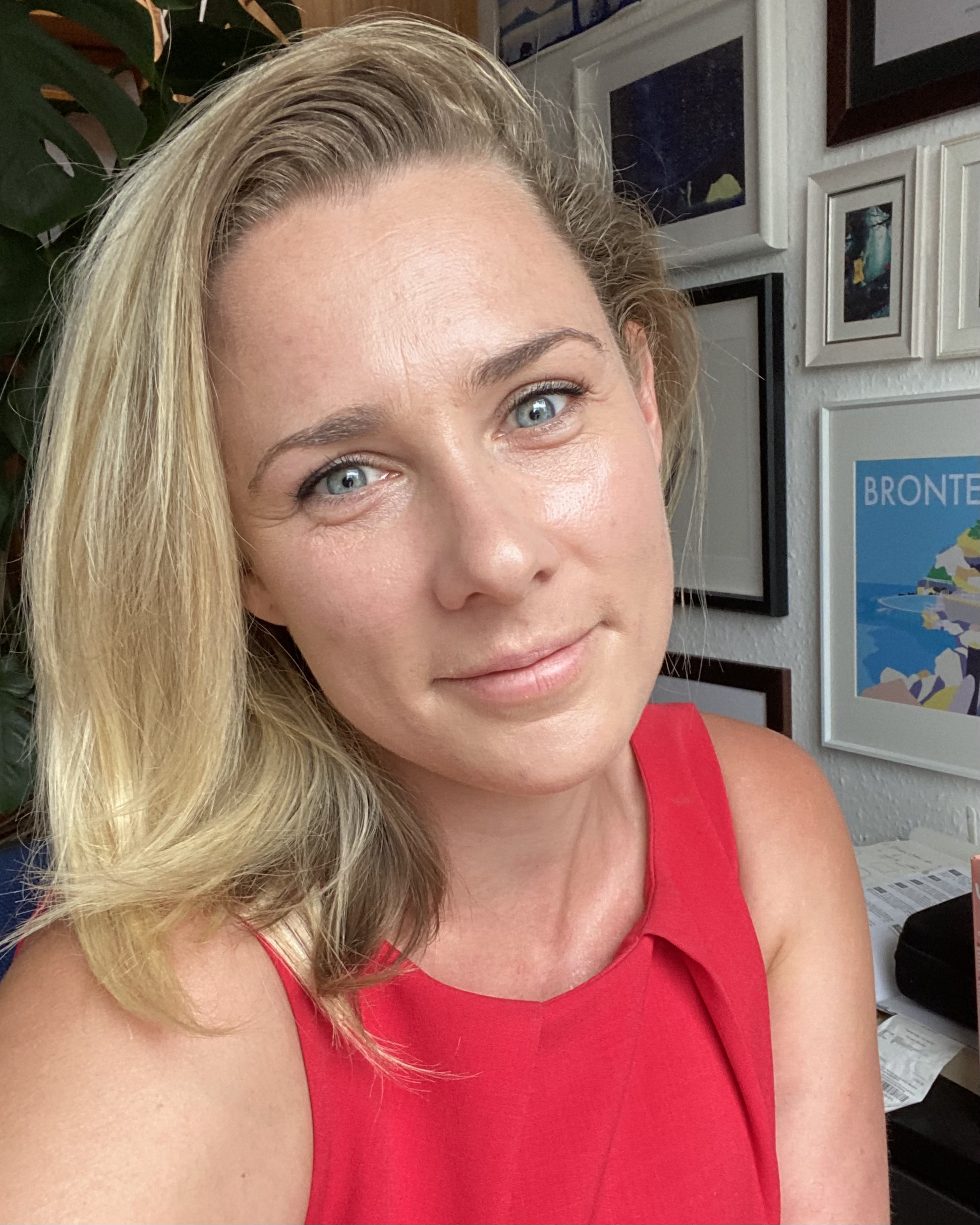

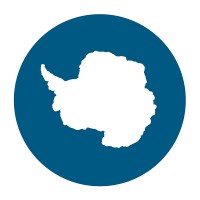


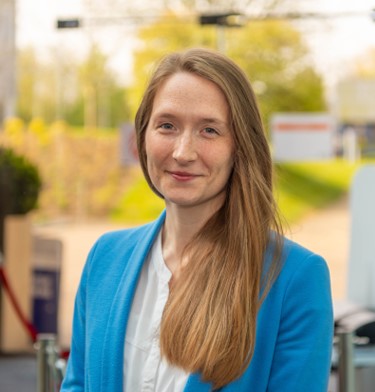
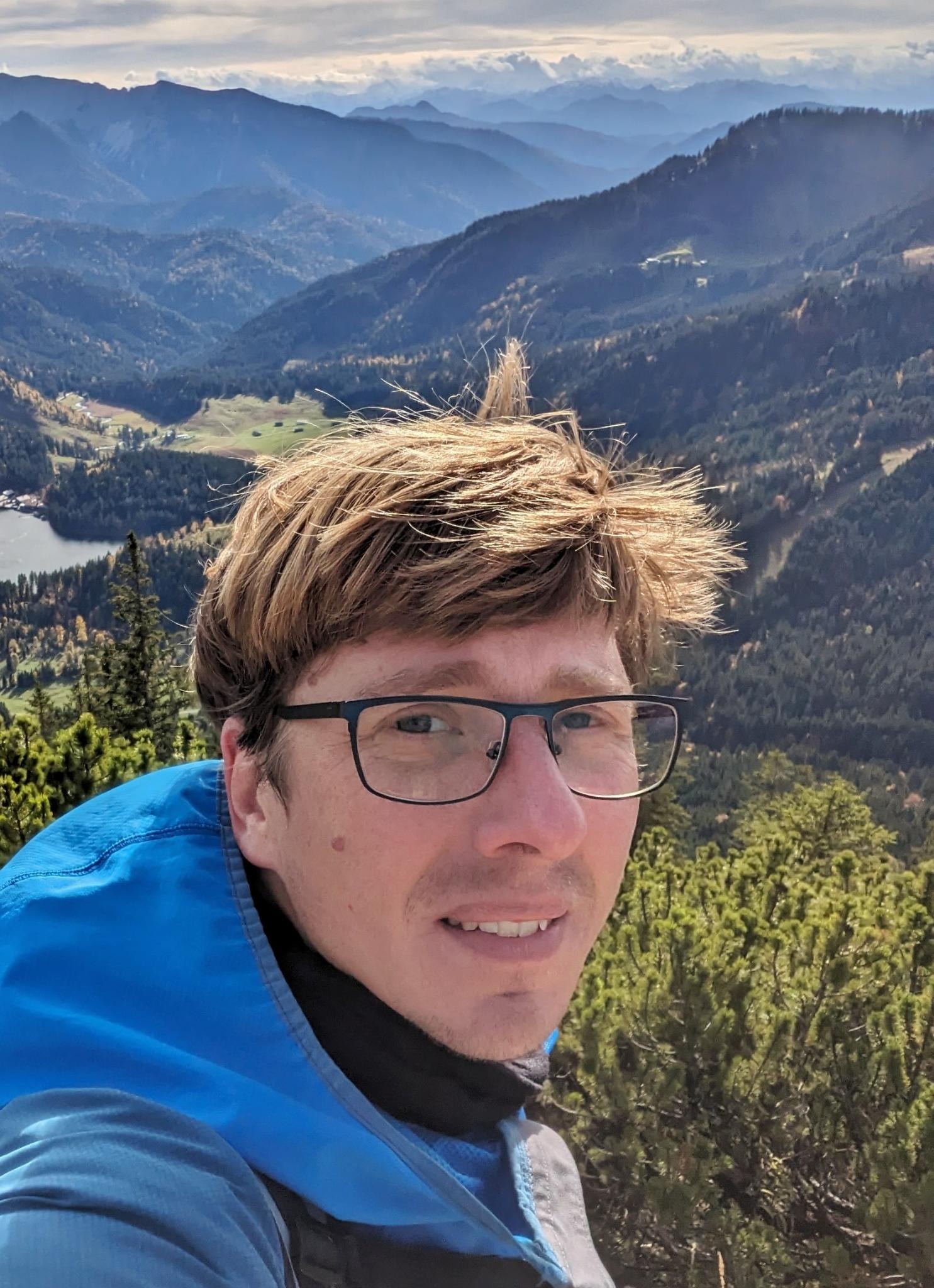
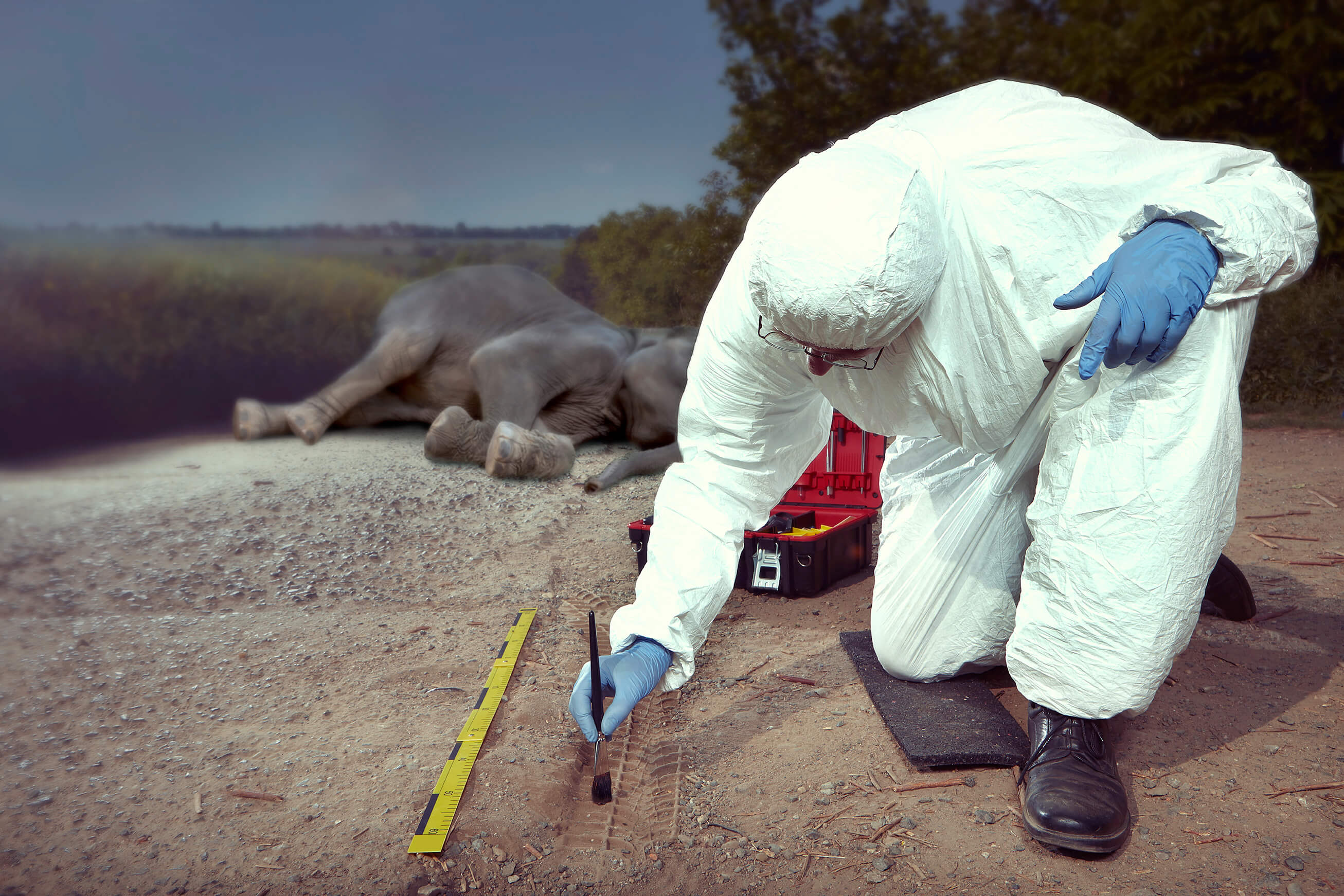
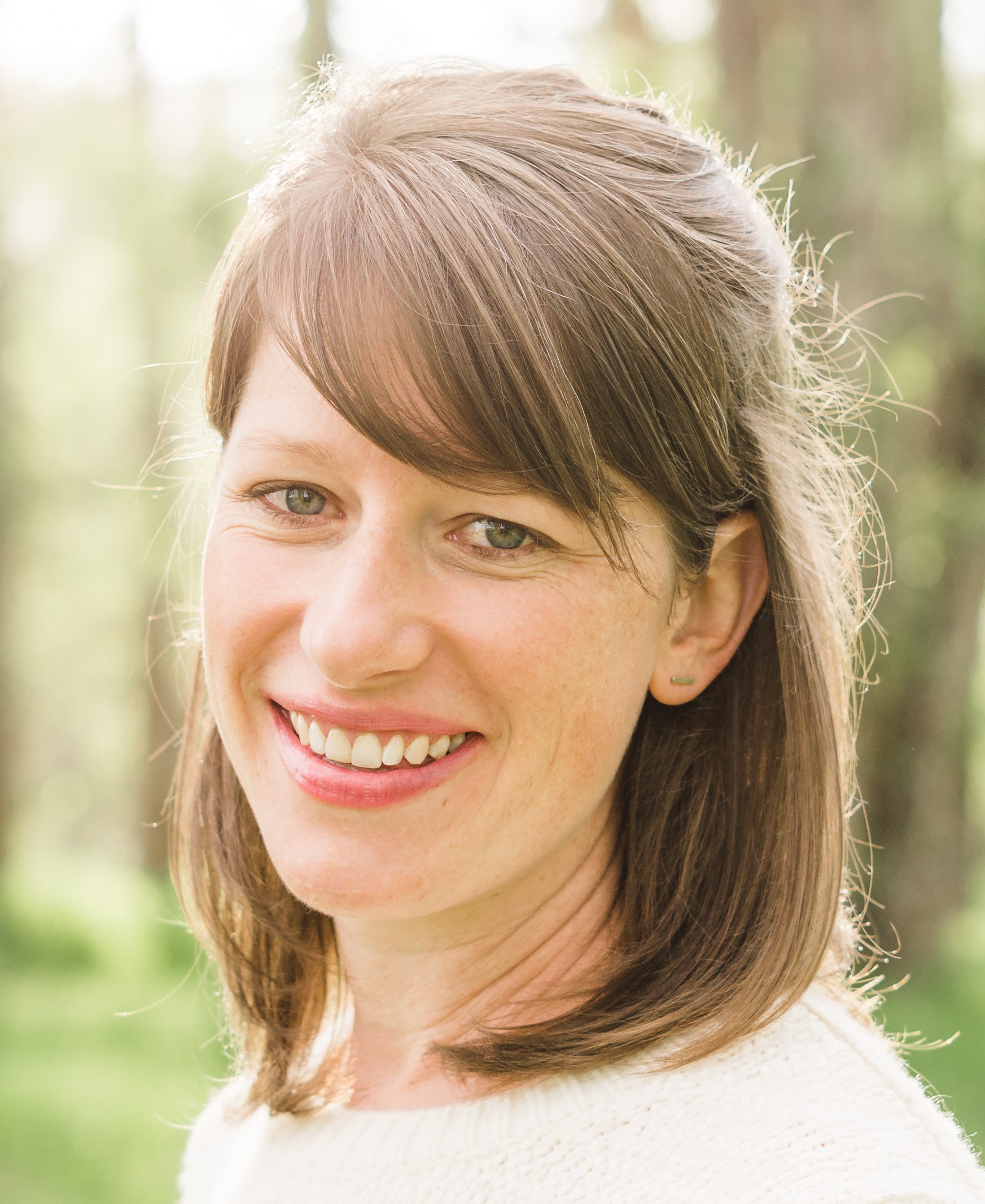
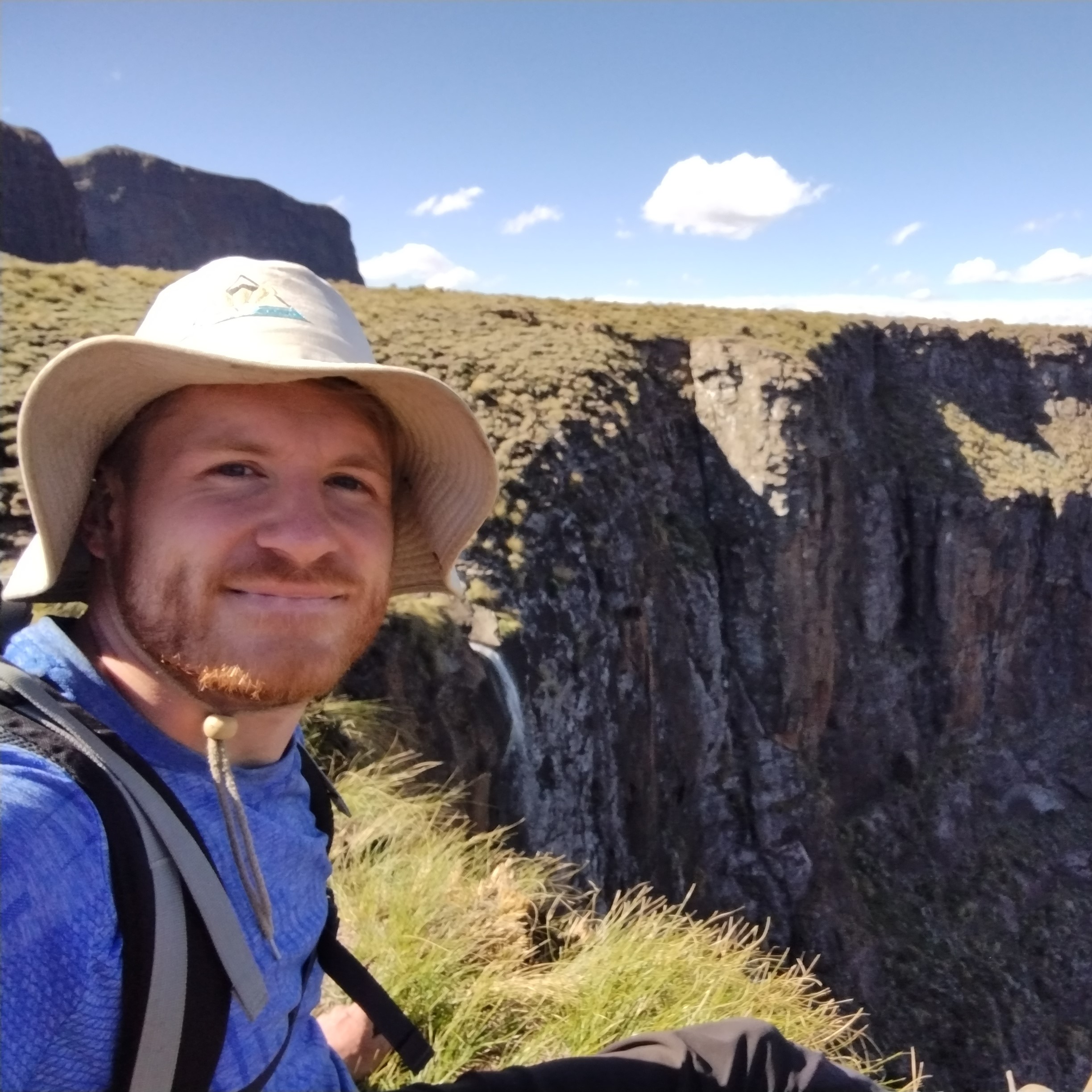







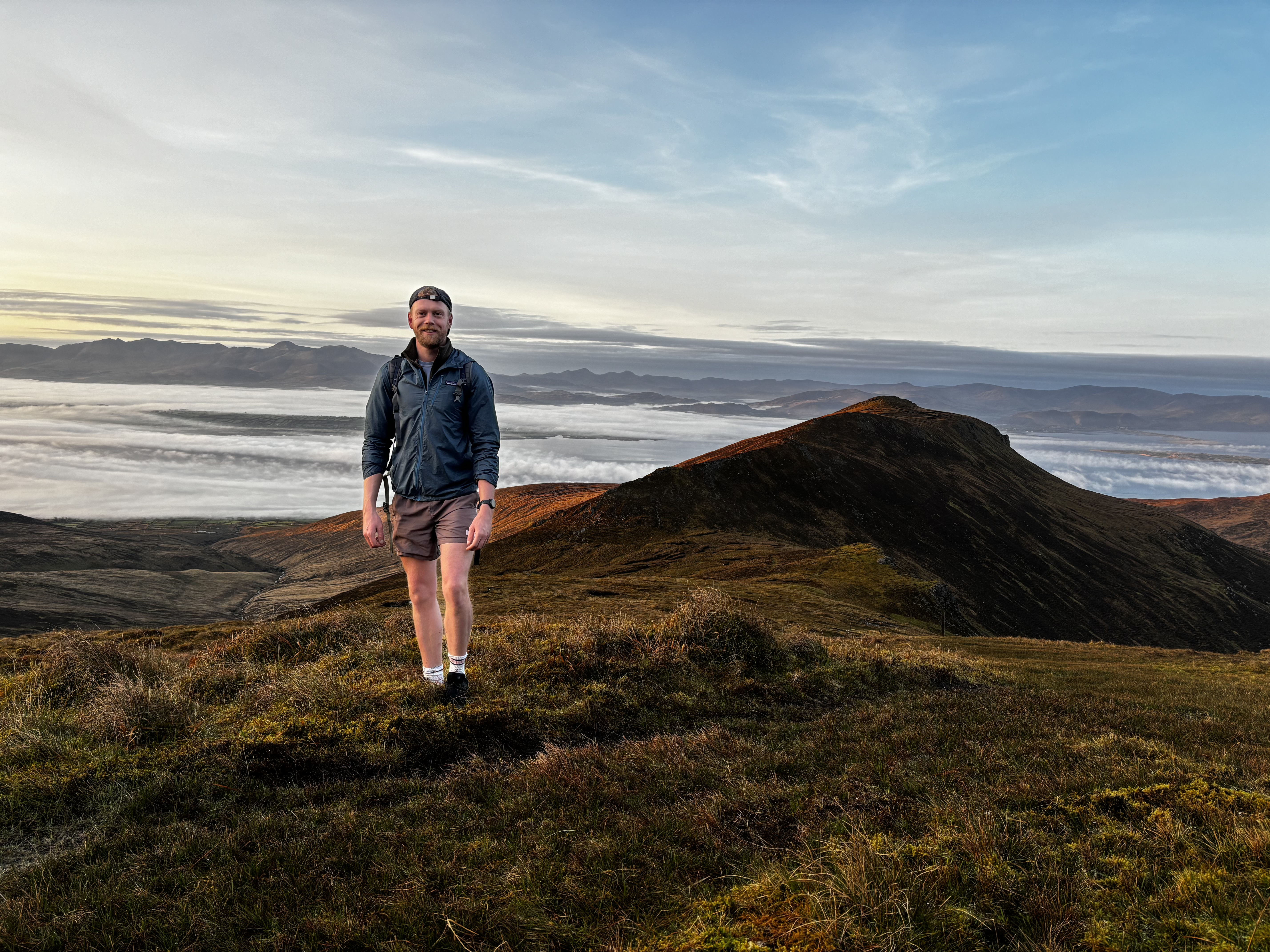






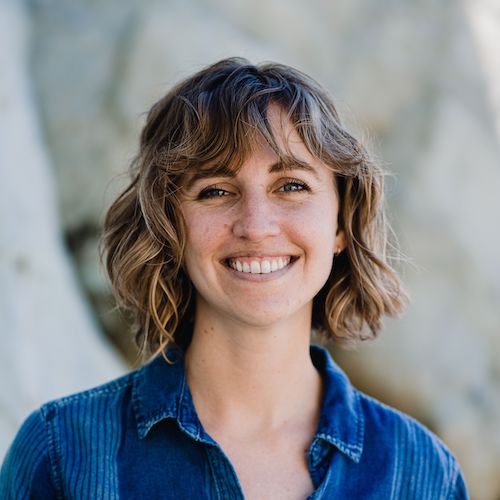










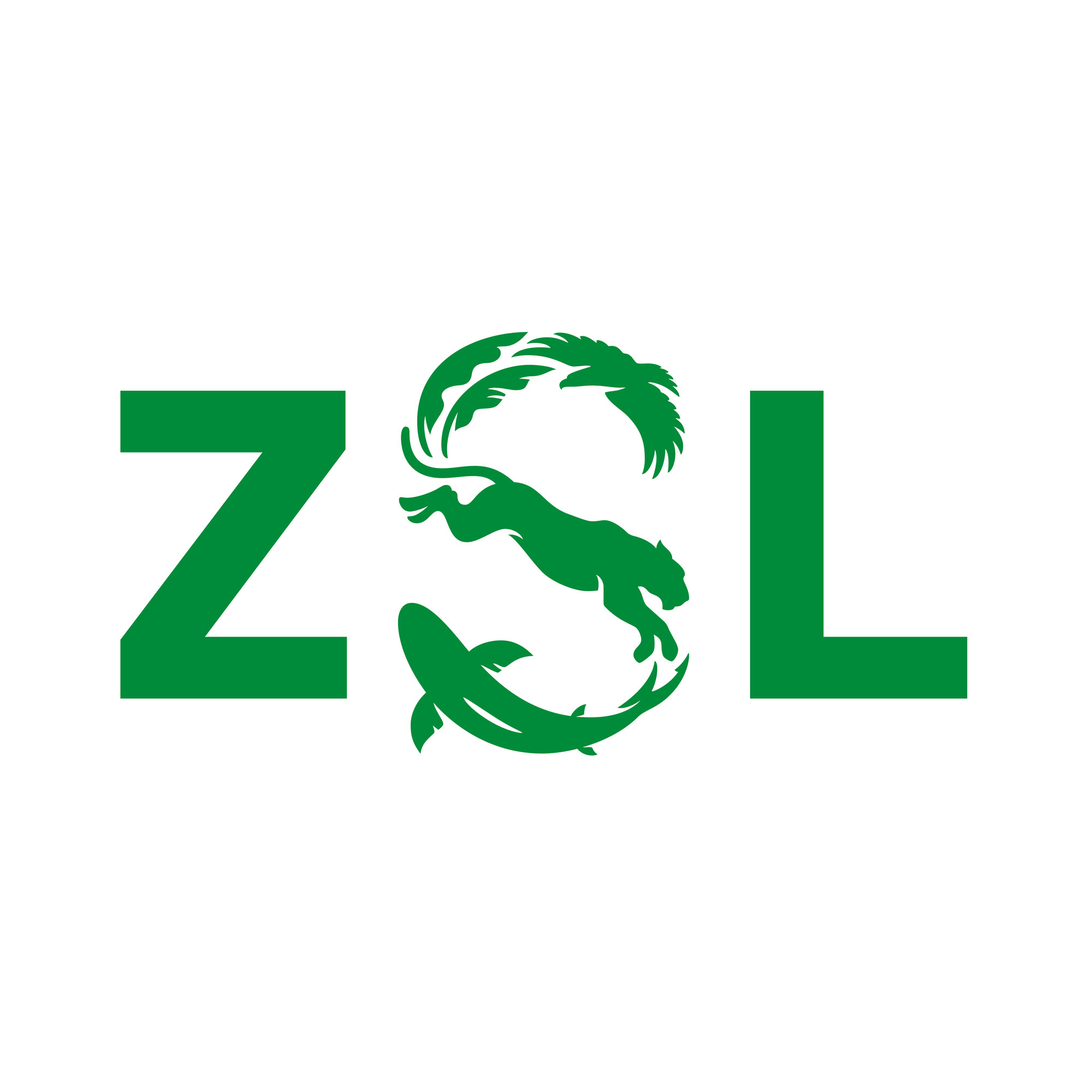

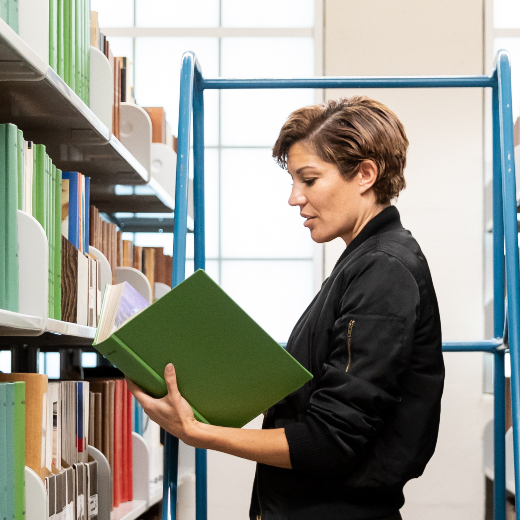
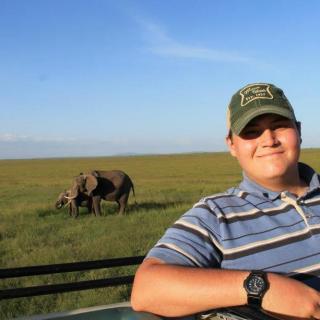







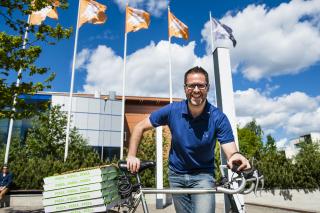


31 August 2017 9:06am
A couple of years ago I completed the Coursera course Programming for Everybody (Getting Started with Python) with Charles Severance. I found it really well paced and well taught. He's a very personable tutor, and has also written a free book Python for Everybody, available as a PDF.
I found the Coursera course on R Programming with Roger Peng to be more difficult to follow, but I'm not sure whether that was down to the teaching style or the language itself. For R, I'd definitely recommend the best place to get started is swirl - Learn R, in R!
Happy coding